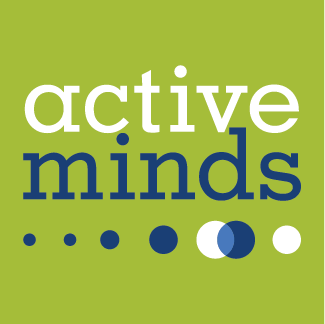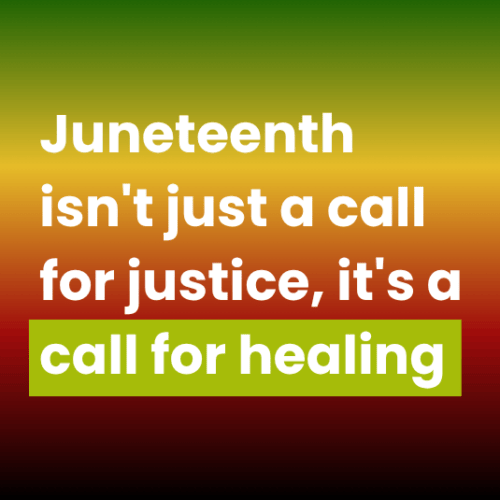Juneteenth marks the anniversary of June 19, 1865, when news of freedom finally reached enslaved people in Texas — freedom that came too late for too many. As we honor this day, we remember that true freedom isn’t just about laws, it’s about making sure everyone can get the healing, care, and support they need.
When we talk about mental health, we have to talk about the whole picture. Black Americans are 20% more likely to experience serious psychological distress, yet still face barriers that make getting help harder.
Juneteenth serves as a powerful reminder to acknowledge and challenge ongoing racial inequities in mental healthcare, particularly those affecting Black communities.
Even after the abolition of slavery, the pervasive effects of systemic injustices continue to ripple through generations, profoundly impacting the mental well-being of Black individuals in the U.S. and worldwide. As we advocate for equity and inclusion, it is crucial to recognize that freedom from slavery did not bring an end to racial discrimination.
To fully grasp this issue, we must understand the critical difference between equality, giving everyone the same resources, and equity, providing support based on individual needs and circumstances. While we celebrate Juneteenth, we must acknowledge that the effects of systemic racism, intergenerational trauma, and daily microaggressions are widespread and don’t disappear with a holiday. They impact how Black youth show up, speak out, and care for ourselves and one another.
Everyone deserves care without barriers and healing that honors their whole story. At times, creating systemic change as an individual can feel overwhelming. But meaningful progress takes time, just like the long path to Juneteenth’s federal recognition, over 150 years in the making. By supporting the mental and emotional well-being of others, especially those from historically marginalized communities, we’re helping to build a more equitable future, one action at a time.
With these lasting goals in mind, we’re proud to uplift our 2025 Emerging Scholar Fellowship. This fellowship supports students who identify as Black, Indigenous, and/or People of Color (BIPOC) as they lead independent, transformative research at the intersection of mental health and identity. The fellowship is more than funding; it’s a platform for systemic change. Through mentorship, visibility, and resources, Active Minds supports these rising leaders as they challenge stigma and elevate historically marginalized voices in mental health. This Juneteenth, we’re thrilled to celebrate their bold vision for a more equitable future.
Let Juneteenth be more than a commemoration; let it be a commitment to mental health equity and community care. Together, we can build a future where Black students are not just surviving, but thriving.







